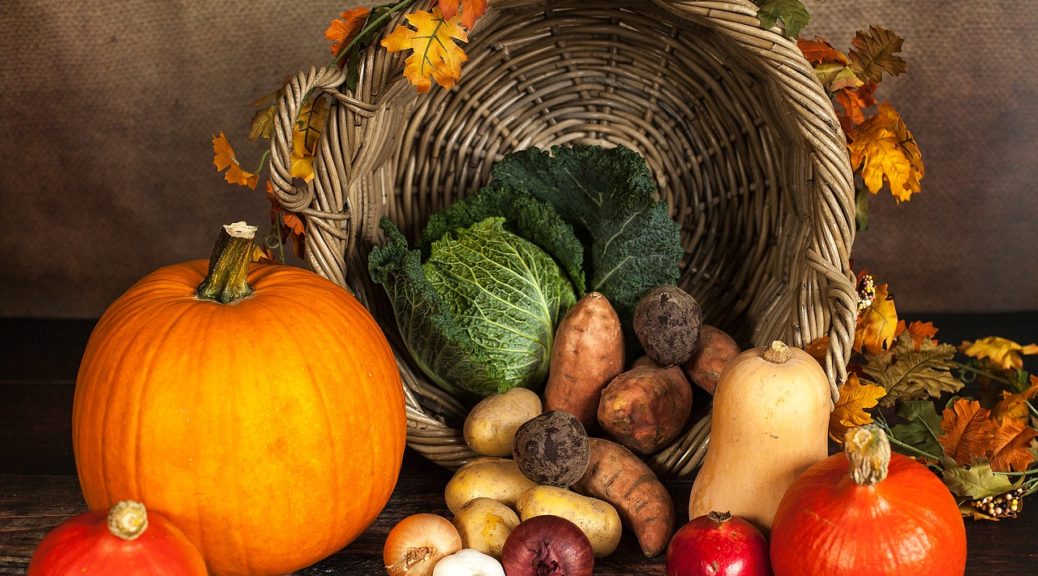Harvest Time, Alfarblot, and Preparations
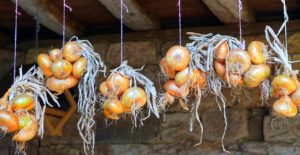 Here in the Northern Rockies, harvest is in full swing. Lots of peppers, corn, beans, potatoes, melons, and pumpkins fill the farmer’s markets. Inevitably, that means food banks get a ridiculous amount of produce donated from local farms.
Here in the Northern Rockies, harvest is in full swing. Lots of peppers, corn, beans, potatoes, melons, and pumpkins fill the farmer’s markets. Inevitably, that means food banks get a ridiculous amount of produce donated from local farms.
I am far from rich, being a writer. (And if you want to support my writing, go to my patreon page and sign up — or buy me a coffee.) That’s why I hunt and go to food banks. Since the main food bank in my area now allows one to take whatever you need, I’ve been back there once every two weeks. They say some people go there every day, but I live out of town a fair ways, so to save fuel, I have to plan trips accordingly.
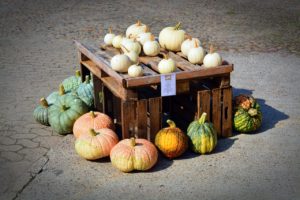 I won’t bore you with my shopping experience, but suffice to say, most of the food had been picked over early. That being said, as I waited, stuff that I actually needed appeared and I was able to bring home a lot of good stuff.
I won’t bore you with my shopping experience, but suffice to say, most of the food had been picked over early. That being said, as I waited, stuff that I actually needed appeared and I was able to bring home a lot of good stuff.
Last night I created ratatouille and filled my dehydrator with parsley and peppers. I couldn’t help thinking about our ancestors and what they must have gone through during this time to prepare for winter. I have to do a fair amount of preps, but it couldn’t be anything like what they did.
The Harvest and Preparation
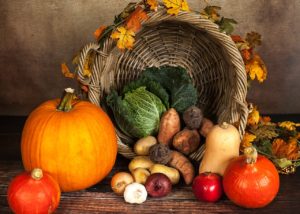 Our ancestors needed to prepare for the lean winter months. That required them to pay attention to the harvest. Harvest was a time when everyone worked, from the highest thegn to the lowest slave. Landowners at least had to supervise the harvest and keep track of everything being done, if they wanted it done correctly. Women and children had to help process the food to ensure it was properly preserved.
Our ancestors needed to prepare for the lean winter months. That required them to pay attention to the harvest. Harvest was a time when everyone worked, from the highest thegn to the lowest slave. Landowners at least had to supervise the harvest and keep track of everything being done, if they wanted it done correctly. Women and children had to help process the food to ensure it was properly preserved.
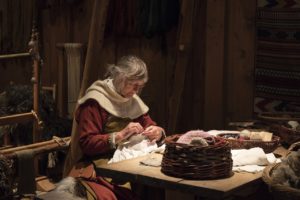 If you were a lord, you might have delegated oversight to trusted men or women, but this depended on how much land you owned, what time in history you lived, and how big your kindred was. Remember, kindreds were basically extended family. There might be people whom you had no famillial ties within your village, but they and their families had some positive aspects for being considered part of your kindred.
If you were a lord, you might have delegated oversight to trusted men or women, but this depended on how much land you owned, what time in history you lived, and how big your kindred was. Remember, kindreds were basically extended family. There might be people whom you had no famillial ties within your village, but they and their families had some positive aspects for being considered part of your kindred.
Maybe they were warriors who fought alongside you. Maybe they were people who helped you out, or whom you helped out. Basically, your community was there for protection and help. Because it was unlikely that separately they were stronger without you (or you without them).
Preparation for the Darkness
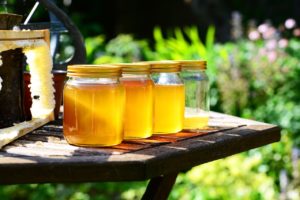 Winter, for all its beauty and majesty, could be a very brutal time for kindreds. Basically if you didn’t have the food saved, you were shit out of luck. Sure, there was game and fish to be had–assuming you could break a hole in the ice or find game in the snow–but other than your livestock and your food stores, that was it when it came to edible foods. The northern hemisphere was retreating into darkness, culminating in the solstice where the light returned.
Winter, for all its beauty and majesty, could be a very brutal time for kindreds. Basically if you didn’t have the food saved, you were shit out of luck. Sure, there was game and fish to be had–assuming you could break a hole in the ice or find game in the snow–but other than your livestock and your food stores, that was it when it came to edible foods. The northern hemisphere was retreating into darkness, culminating in the solstice where the light returned.
 The gods help you if you had raiders, thieves, pests, or a bad harvest. There’s a reason why our ancestors were good warriors. They had to be. Not only did they raid other peoples for their treasures, but they also had to defend their homes against other raiders. Losing your food was a death sentence, unless you somehow procured more. This is why it was so important to be part of a kindred and not an outlaw. Outlaws didn’t have the safety of a kindred.
The gods help you if you had raiders, thieves, pests, or a bad harvest. There’s a reason why our ancestors were good warriors. They had to be. Not only did they raid other peoples for their treasures, but they also had to defend their homes against other raiders. Losing your food was a death sentence, unless you somehow procured more. This is why it was so important to be part of a kindred and not an outlaw. Outlaws didn’t have the safety of a kindred.
Planning for a Harvest Festival
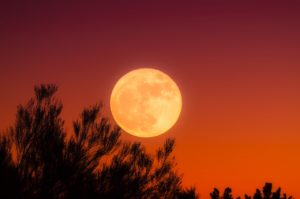 Now with the harvest almost completed, we modern day Heathens can look to have a harvest festival now. Maybe it’s winter finding, Alfarblot, or Samhain for you. Maybe you just want to celebrate Harvest. That’s perfectly acceptable. Maybe you’ve had a rough year and need something to look forward to. Maybe you had a good year and need to celebrate it. As a Heathen, the second harvest festival seems like a good idea.
Now with the harvest almost completed, we modern day Heathens can look to have a harvest festival now. Maybe it’s winter finding, Alfarblot, or Samhain for you. Maybe you just want to celebrate Harvest. That’s perfectly acceptable. Maybe you’ve had a rough year and need something to look forward to. Maybe you had a good year and need to celebrate it. As a Heathen, the second harvest festival seems like a good idea.
Like most Heathens, I feel that more celebrations are better than too little. So, if you want to celebrate Harvest, Halloween, Winter Finding, and Alfarblot, go for it. Just be aware you’ll have a very busy schedule.
Alfarblot?
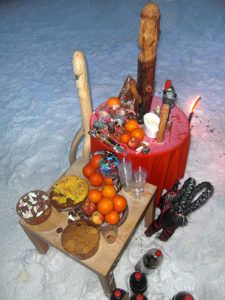 Our ancestors celebrated a holiday known as Alfarblot. It was to remember our male ancestors. When it was celebrated exactly, we don’t know, but I seem to recall it could have been in the fall or the winter. Choosing to remember our male ancestors during the second harvest festival seems appropriate. So, if you want to celebrate Alfarblot around Halloween or Samhain, that’s perfectly okay. I like to think of it around the beginning of November, but anytime around Halloween is fine. Seeing as we really don’t know all the holidays from the past, we can celebrate it in the spirit as it was intended.
Our ancestors celebrated a holiday known as Alfarblot. It was to remember our male ancestors. When it was celebrated exactly, we don’t know, but I seem to recall it could have been in the fall or the winter. Choosing to remember our male ancestors during the second harvest festival seems appropriate. So, if you want to celebrate Alfarblot around Halloween or Samhain, that’s perfectly okay. I like to think of it around the beginning of November, but anytime around Halloween is fine. Seeing as we really don’t know all the holidays from the past, we can celebrate it in the spirit as it was intended.
Why We Need to Celebrate Harvest
 Harvest is a time for celebration of the foods we’ve received from our farmers, but more importantly, the Earth. Just think how our lives would be different if we couldn’t grow fruits and vegetables. As a species, we all might still be hunter/gatherers. Or maybe we wouldn’t even exist because the carrying capacity of the land wouldn’t be able to support so many humans.
Harvest is a time for celebration of the foods we’ve received from our farmers, but more importantly, the Earth. Just think how our lives would be different if we couldn’t grow fruits and vegetables. As a species, we all might still be hunter/gatherers. Or maybe we wouldn’t even exist because the carrying capacity of the land wouldn’t be able to support so many humans.
Yes, humans domesticated plant and animal species, but without the Earth and our life’s genetics, we would have nothing. Even our biological scientific advancements in genetically modified engineering require DNA. That DNA happened either by the gods or by chance, whichever you believe. Without it, we would be here, nor would we have the foods we eat. Without good weather and optimal growing conditions, we wouldn’t have a harvest.
How to Celebrate the Harvest and Alfarblot
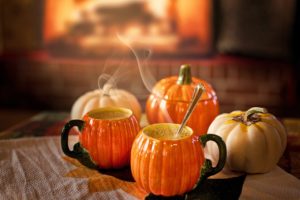 If you’re looking for ways to celebrate the harvest, here are some tips:
If you’re looking for ways to celebrate the harvest, here are some tips:
- Try cooking some Viking recipes. You can Google “Viking recipes” or try some recipes HERE.
- Give offerings to both the land some recipes HERE and the gods and goddesses of the harvest. This would include Freyr, Freyja, Thor, and Sif.
- Give offerings to Ullr and Skadi for a safe and prosperous hunting season, if you hunt.
- Make a feast from local foods.
- Visit a farm and help with the harvest. Some farms will allow you to pick your own produce for a cost.
- Work with your local food bank or food pantry to help feed the needy.
- Have a harvest game day–Northern peoples loved to play board games and games of strategy in the winter months.
- Decorate your home in an autumn theme. Be sure to do a salt ritual to ensure to banish negative wights.
- Put up photos of your recent ancestors, or things that remind you of your recent ancestors, especially the men. If you don’t know who they might be, or if you don’t want to honor certain men, that’s okay. There are other male ancestors whom you can honor, even if you don’t know them. And you can always honor a man who has made a positive difference in your life.
Those are just some ideas. Let me know what you’re doing!
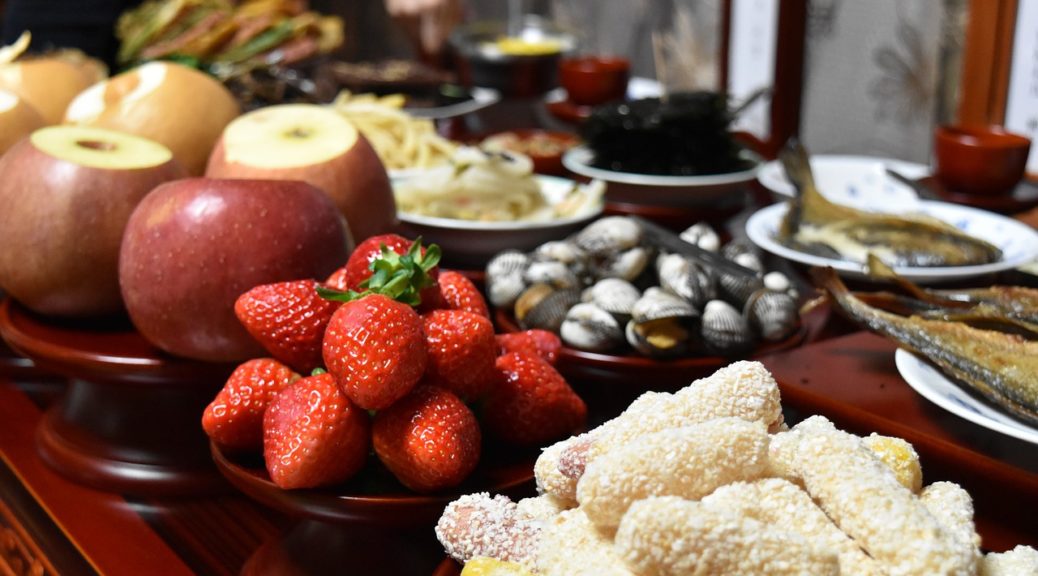
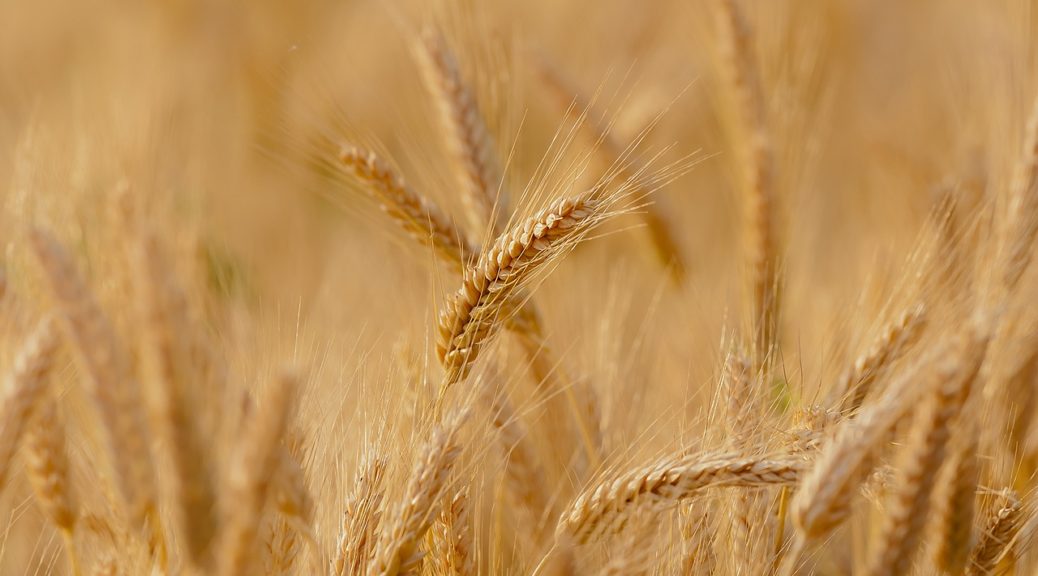
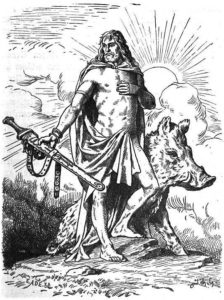 We’re coming up on August 1st, which is the August Harvest Festival, Hlæfæst. It’s also known to most modern pagans as Lammas. If you’re still using the AFA Holiday wheel-of-the-year, it’s called
We’re coming up on August 1st, which is the August Harvest Festival, Hlæfæst. It’s also known to most modern pagans as Lammas. If you’re still using the AFA Holiday wheel-of-the-year, it’s called  Although Lammas celebrates a god from the Celtic pantheon, there’s no reason why we can’t appropriate it and call it Hlæfæst. Hlæfæst celebrates the grain harvest, which honors Sif, Thor, Freyr, and Freyja. Rather than just honor Freyr with Freyfaxi, I think honoring four gods and goddesses is better because these are the gods who make the grain grow. It makes sense to give thanks to them.
Although Lammas celebrates a god from the Celtic pantheon, there’s no reason why we can’t appropriate it and call it Hlæfæst. Hlæfæst celebrates the grain harvest, which honors Sif, Thor, Freyr, and Freyja. Rather than just honor Freyr with Freyfaxi, I think honoring four gods and goddesses is better because these are the gods who make the grain grow. It makes sense to give thanks to them.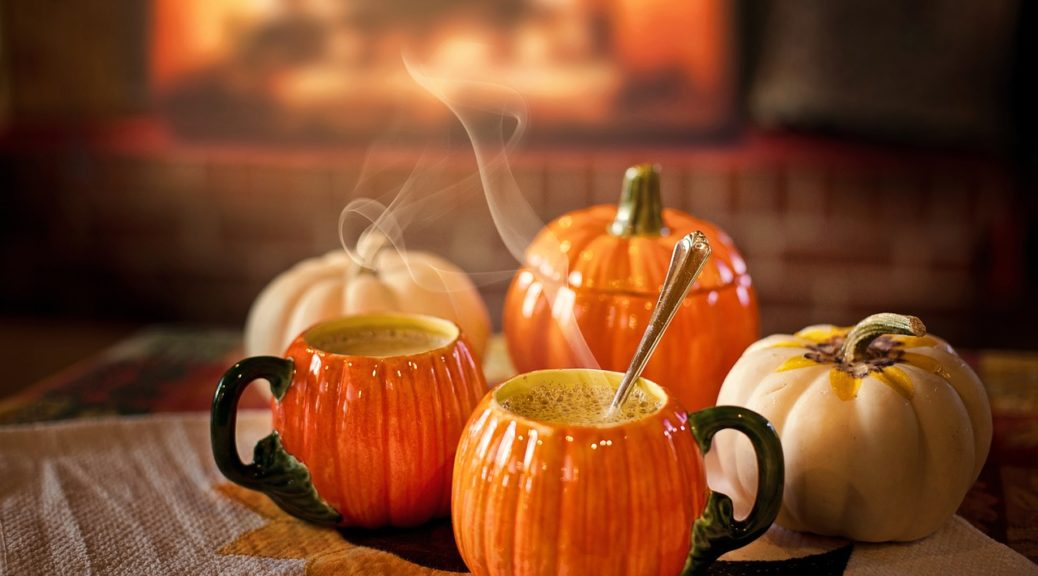


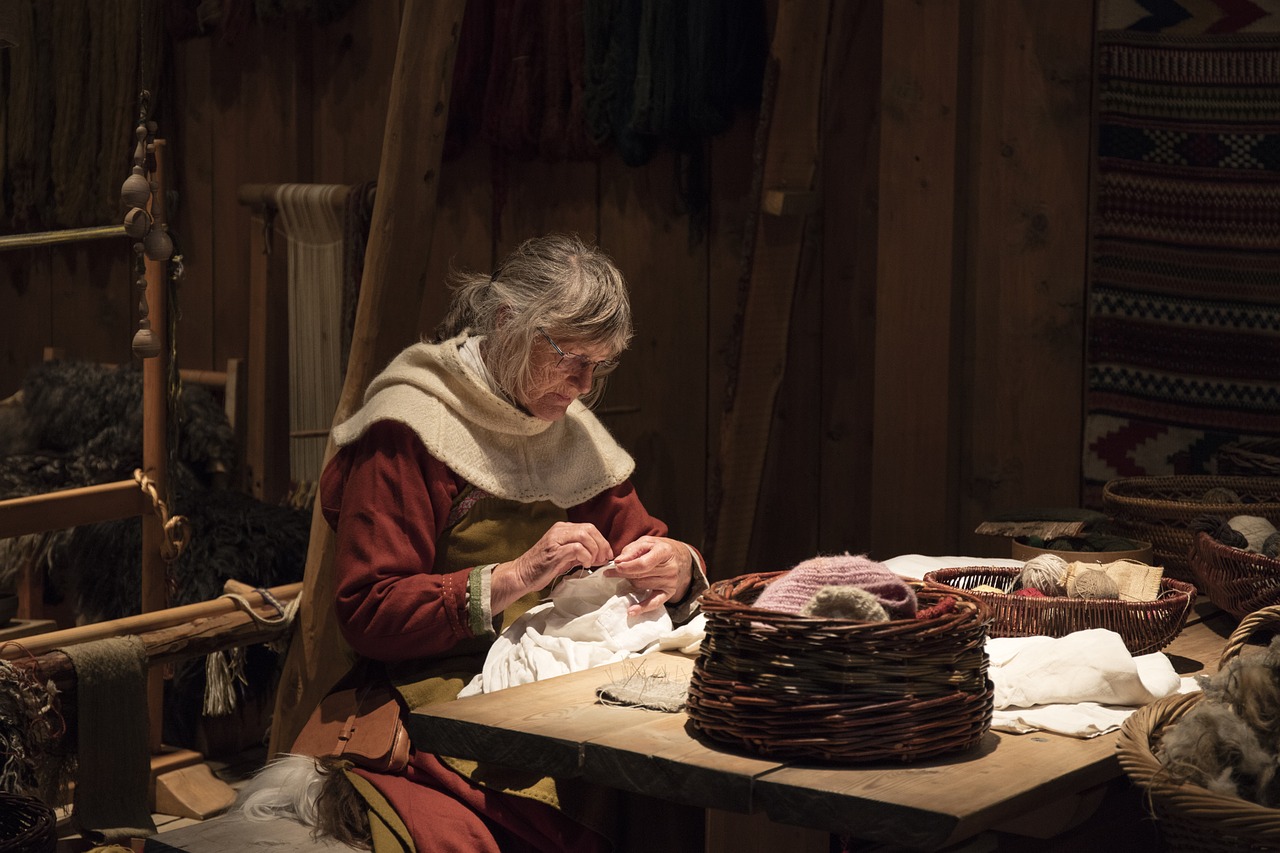
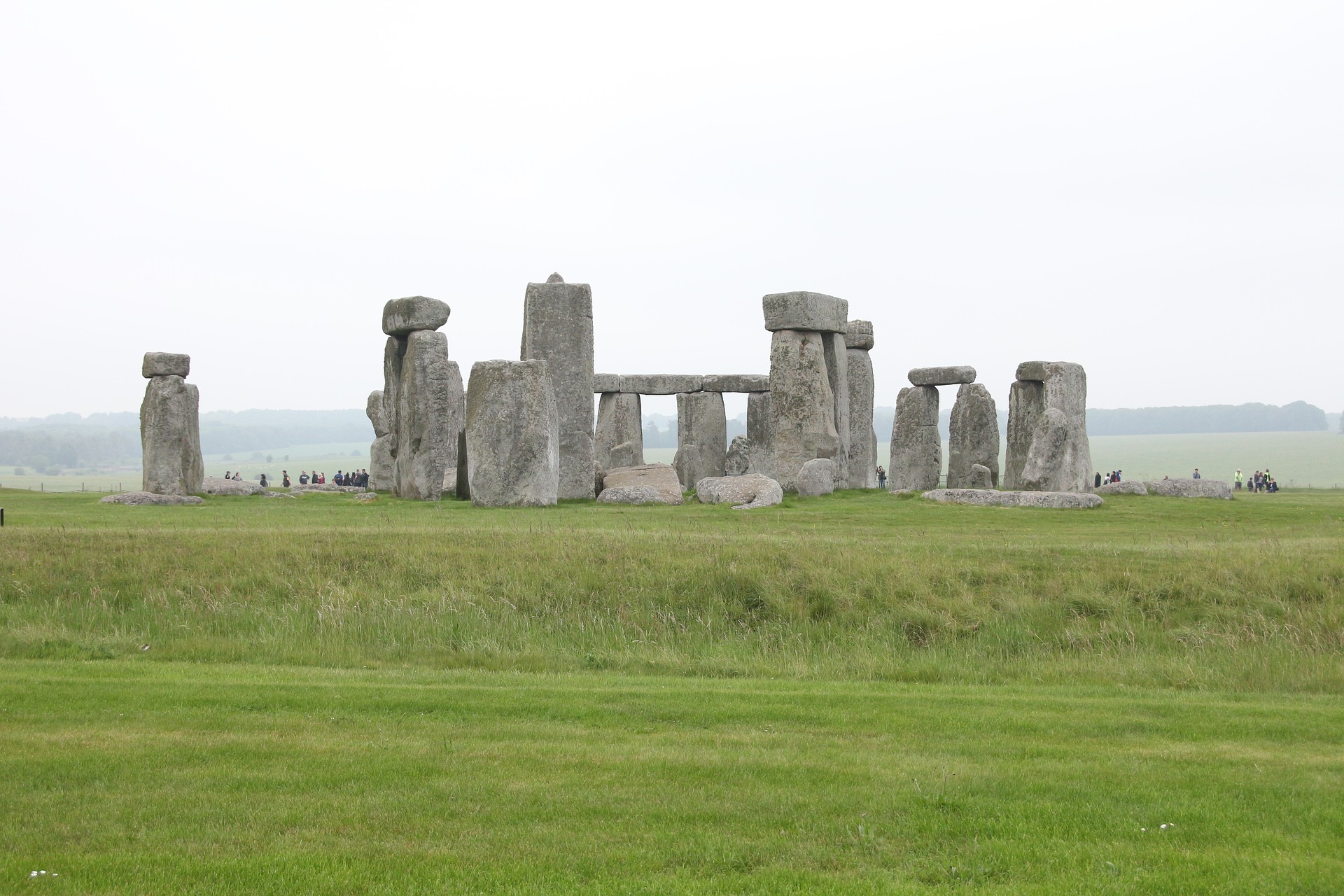
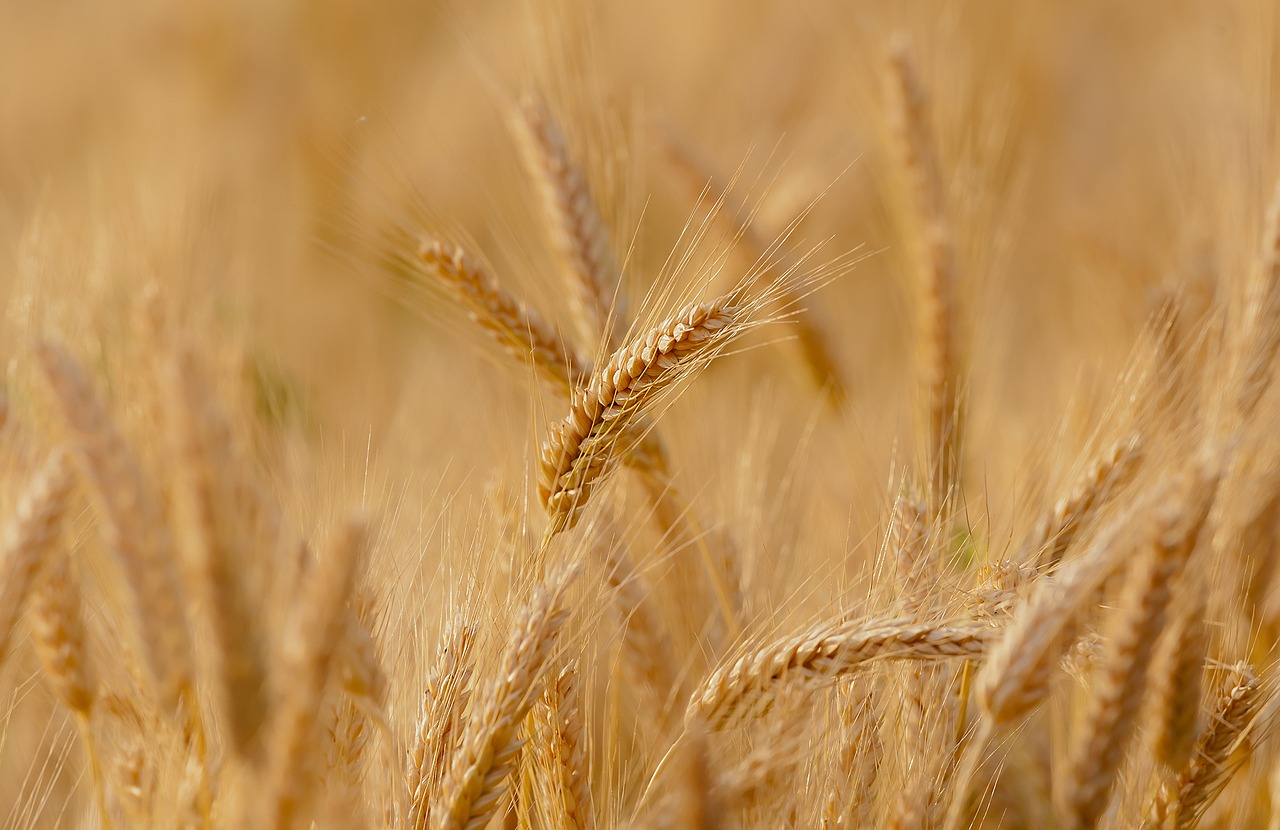
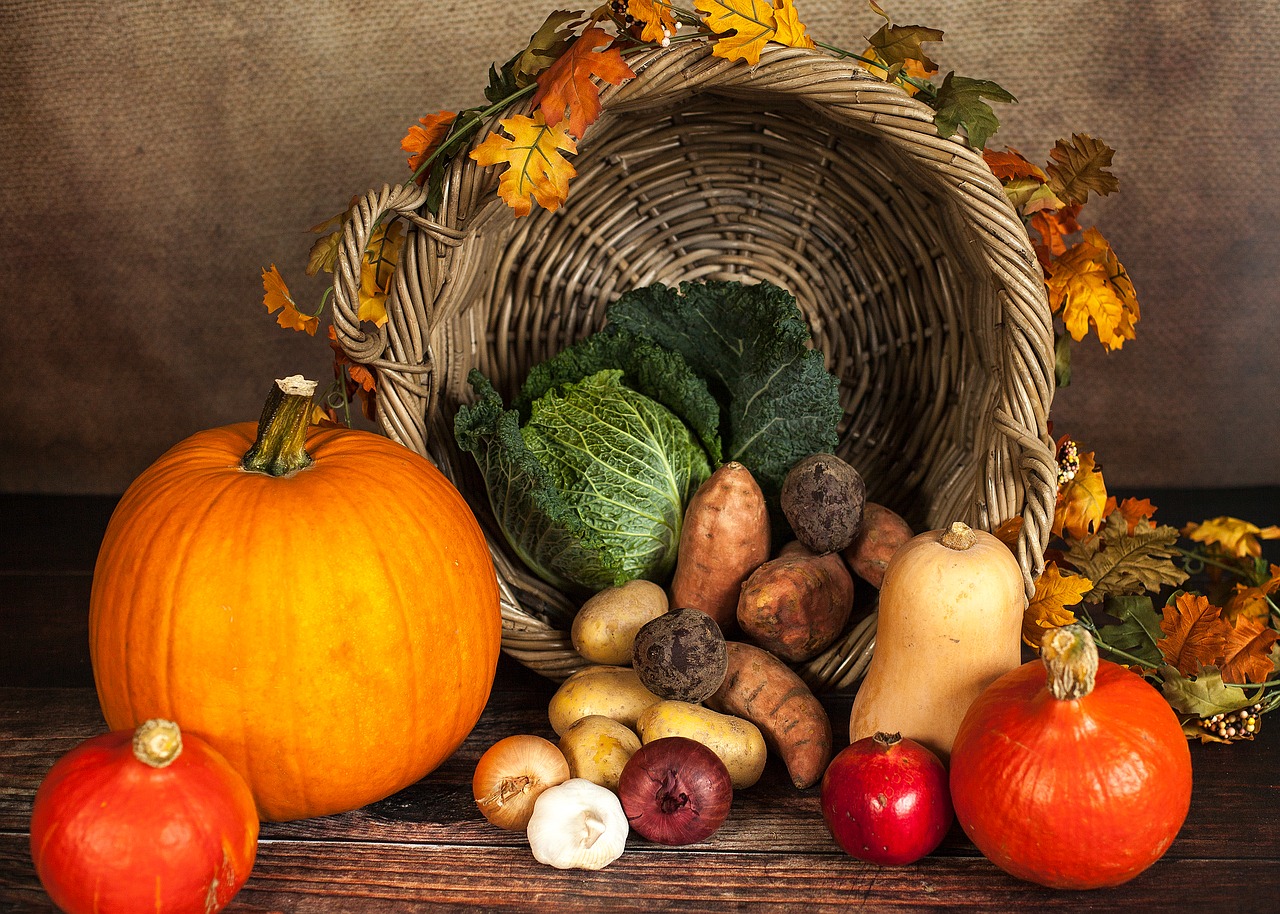
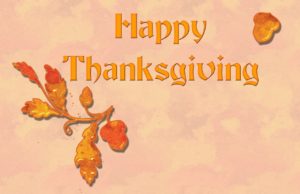
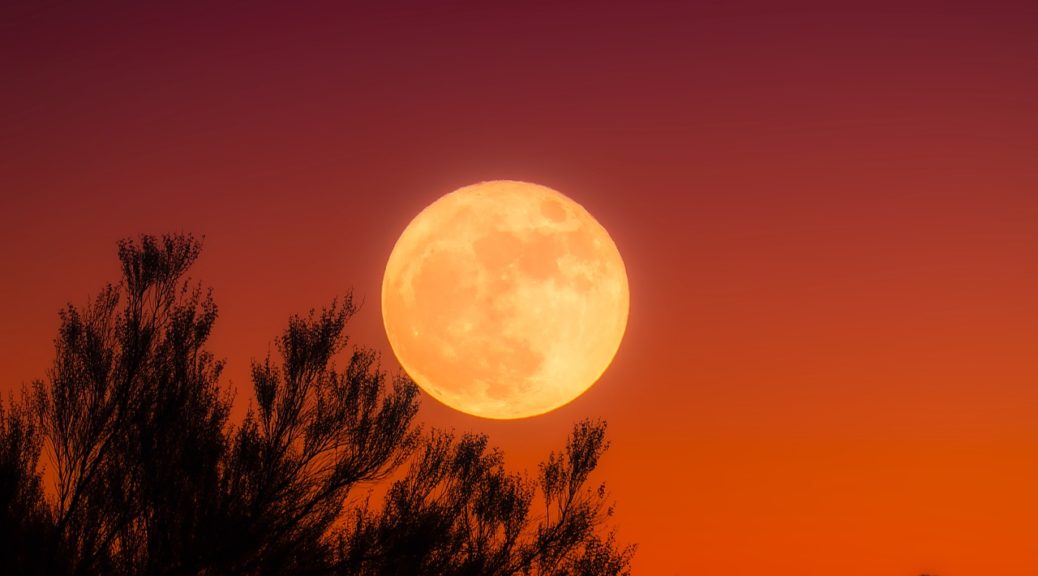
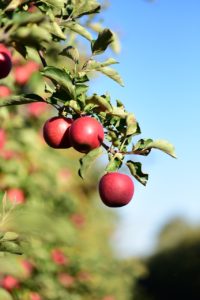
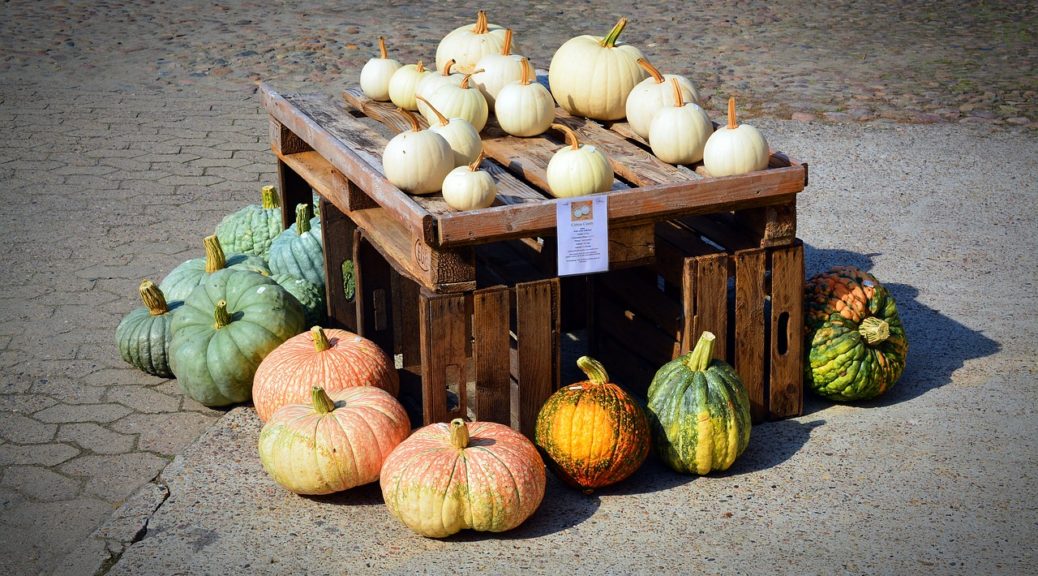
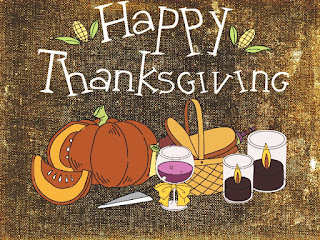 It’s that time of year again. It’s the time when we have to see our families, many of whom are of a Christian faith, and celebrate the holidays together. If your
It’s that time of year again. It’s the time when we have to see our families, many of whom are of a Christian faith, and celebrate the holidays together. If your  Having Thanksgiving at your house can be simple enough when it comes to celebrating it. Consider it a harvest festival and look on it as a way to celebrate the end of hunting season, the end of harvest, and the beginning of the Yule month. Look at the images we use for Thanksgiving: turkey, cornucopia, pumpkins, gourds, fall leaves, and colorful Indian corn. Yes, we also use pilgrims and Native Americans as images as well, but if you want to avoid the Christian connotations, you can emphasize the friendship aspect. If it hadn’t been for the Native Americans, it’s unlikely the pilgrims would have survived.
Having Thanksgiving at your house can be simple enough when it comes to celebrating it. Consider it a harvest festival and look on it as a way to celebrate the end of hunting season, the end of harvest, and the beginning of the Yule month. Look at the images we use for Thanksgiving: turkey, cornucopia, pumpkins, gourds, fall leaves, and colorful Indian corn. Yes, we also use pilgrims and Native Americans as images as well, but if you want to avoid the Christian connotations, you can emphasize the friendship aspect. If it hadn’t been for the Native Americans, it’s unlikely the pilgrims would have survived.
 Before the guests arrive, or before you leave to attend a Thanksgiving dinner, take time to thank the gods, ancestors, and wights for their aid and support. Offer them a prayer you wrote and meditate on how fortunate you’ve been over the year. Even if you’ve had a difficult year, the fact that you’re alive and breathing may be enough to say thanks. Let the gods help clear your thoughts and help you do what is right. When the dinner has ended and you’re home and the guests (if any) are gone, offer a blot to the gods as a thanks. Mead or wine works well.
Before the guests arrive, or before you leave to attend a Thanksgiving dinner, take time to thank the gods, ancestors, and wights for their aid and support. Offer them a prayer you wrote and meditate on how fortunate you’ve been over the year. Even if you’ve had a difficult year, the fact that you’re alive and breathing may be enough to say thanks. Let the gods help clear your thoughts and help you do what is right. When the dinner has ended and you’re home and the guests (if any) are gone, offer a blot to the gods as a thanks. Mead or wine works well.